What a difference a few years make. In 2019 I reviewed composer Dani Howard’s first opera, Robin Hood, also produced by The Opera Story, and commented on the fundraising success that enabled a cast of six and an ensemble of 10.
Fast forward through five years of drought for the arts in Britain and her second stage work is scored for a single voice (plus a dancer) accompanied by just two instruments, cello and piano. Howard’s subject matter, the 1892 short story The Yellow Wallpaper, suits this more intimate approach, but I definitely missed the enterprising scoring of the earlier work. And where I found Robin Hood narratively over-stuffed – and acknowledging the risk of sounding too hard to please – The Yellow Wallpaper has perhaps not enough story: a woman, imprisoned in a room, descends into what would then have been called madness.
Even the story, such as it was, was a bit hard to follow. The show is structured into seven “songs” and they are really abstract meditations on mental illness, domestic abuse and apartness. The “plot” is shown visually through the unnamed protagonist’s relationship with a dancer, who, reading the programme after, I discovered was “the woman behind the paper”. At first the two are separated by the yellow wall of uplights that divided the stage. Later the dancer breaks into the room and there is a brief, joyful meeting between the two characters, then at the end the singer breaks out.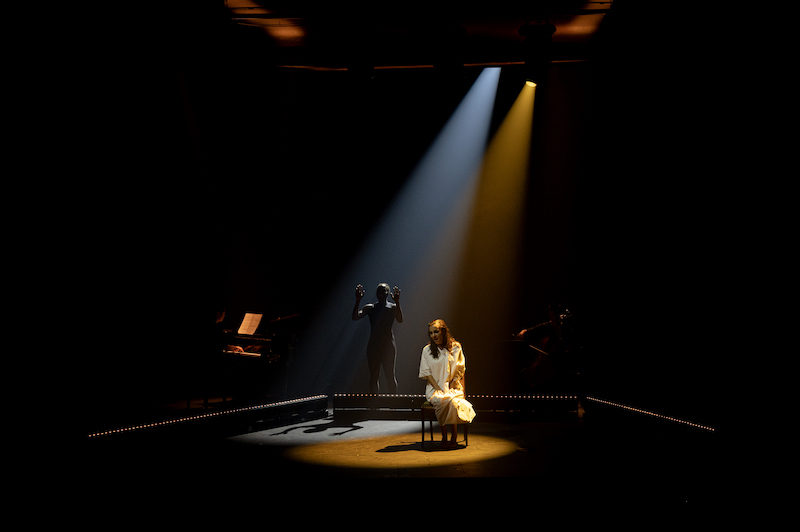 The central performance, by mezzo Clare Presland, was absorbing: her little twitches and tics and glances captured a woman in post-natal depression, locked up by her doctor husband. Her inner strength in overcoming her abusive situation was powerfully depicted. Pressland’s diction was excellent and she found a variety of vocal tone to sustain what is essentially a 45-minute monologue (libretto by Joseph Spence). Likewise dancer Valerie Ebuwa was compelling, with powerful moments as she tried to break through the wall.
The central performance, by mezzo Clare Presland, was absorbing: her little twitches and tics and glances captured a woman in post-natal depression, locked up by her doctor husband. Her inner strength in overcoming her abusive situation was powerfully depicted. Pressland’s diction was excellent and she found a variety of vocal tone to sustain what is essentially a 45-minute monologue (libretto by Joseph Spence). Likewise dancer Valerie Ebuwa was compelling, with powerful moments as she tried to break through the wall.
The playing of pianist Berrack Dyer and cellist Midori Jaeger (representing the absent husband perhaps?) provided a tight and tense underscore to the singing. But I did long for a broader instrumental palette, much as Howard maintained in the programme that she wanted to keep “the musical forces to a minimum, reflecting the intimacy of the set and story”. I’m not convinced. Artistic or financial choice, the music felt a bit hemmed in by these limitations. The piano textures were a bit John Adams, a bit Michael Nyman, even – whisper it – a bit Einaudi, and although the recurring figuration from the beginning had a lovely nervous energy, I wanted a “big moment” that never quite arrived.
The set – just a spotlit chair, a notebook, the uplit yellow walls, the two separated players – and staging were visually powerful and the performances completely committed. But I was reminded while watching of Mark-Antony Turnage’s 1997 monodrama Twice Through the Heart, also dealing with a spousal abuse, but with a shocking force I never quite got from The Yellow Wallpaper.

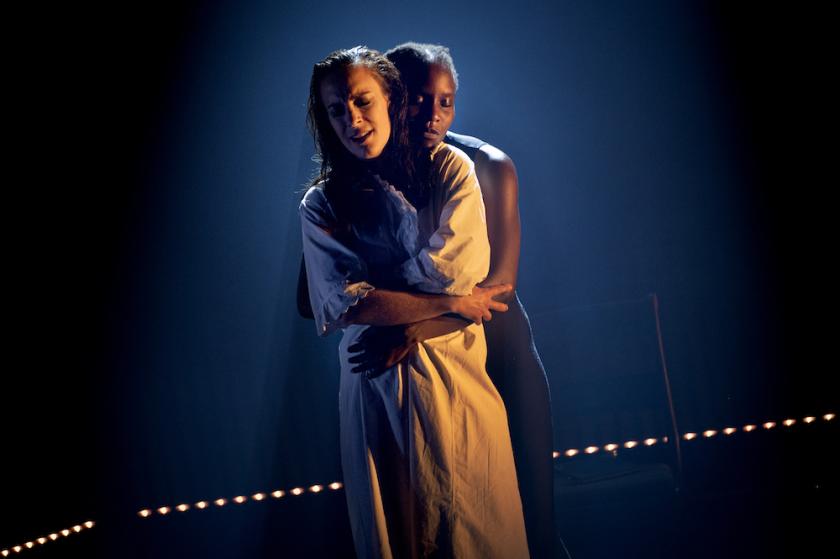



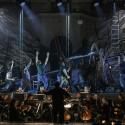
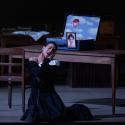
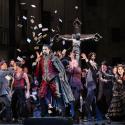



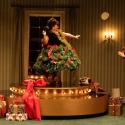
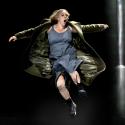
Add comment